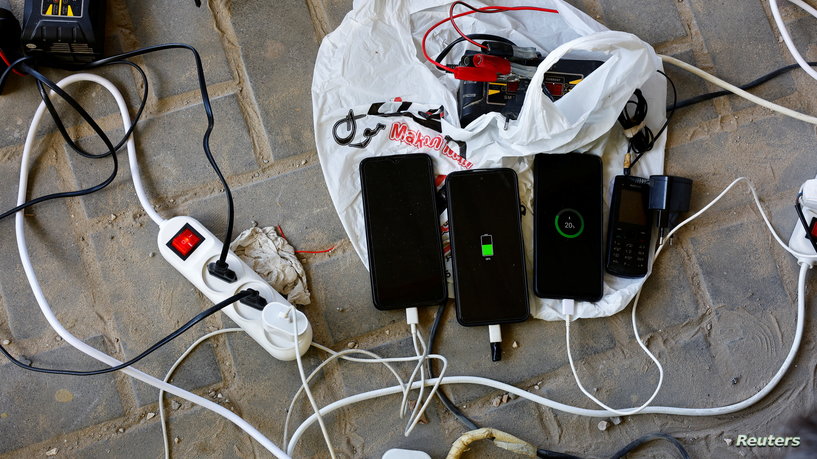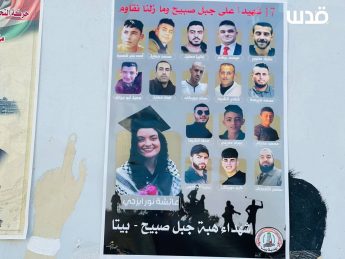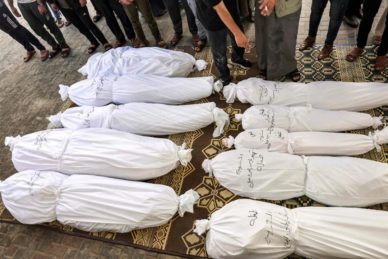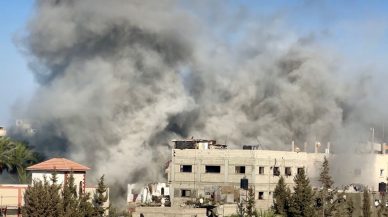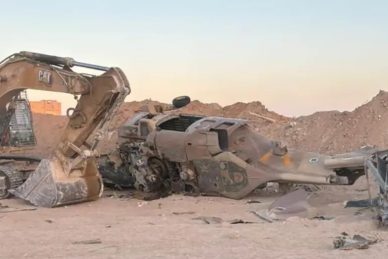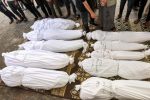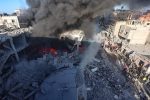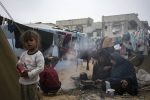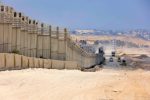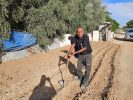GAZA, (PIC)
Palestinians are known for their resourcefulness, finding ways to survive amid a harsh and painful reality imposed by the ongoing Israeli genocide in Gaza, which has been relentless for almost 11 months.
Faced with the severity of the situation, many Palestinians have turned to new professions to earn a living, strengthen their resilience, and thwart the Israeli plans to spread despair and destroy the means of life.
The genocide has forced Palestinians to adopt various kinds of professions and fields of work to support their families in the midst of continuous killing and brutal bombing for 11 months.
Charging stations
Throughout the streets of Gaza, charging stations have become common. These stations allow Palestinians to charge their phones and batteries for a small fee.
This unprecedented profession in Gaza arose due to the complete power outage in the Strip since October 10, when Israeli forces cut the electricity lines on the first day of the war. This was coupled with a severe blockade that halted fuel supplies to the only power station, causing it to shut down within days of the war’s onset.
Mohammed Al-Masari, a resident of Deir al-Balah camp, told a reporter from the Palestinian Information Center (PIC) that the war has increased the demands of life on him, with rising prices hitting hard. He thought of setting up a charging station using solar panels he had on hand.
Al-Masari mentioned that his work charging phones and batteries has improved his ability to cope with the demands of life amidst the genocide in Gaza.
He noted that his neighbors appreciate the service, as it saves them the effort of searching for power sources in distant areas.
Internet cafés
With the internet and electricity being deliberately cut off by Israeli attacks, internet centers have sprung up across Gaza to provide this essential service to residents.
Ahmed Ibrahim set up a tent on the beach of Khan Younis, supplying it with electricity and a high-quality internet connection.
He told our reporter that the idea came to him after the internet was cut off for many residents, who couldn’t do without this important service, especially students and business owners.
He explained that his tent provides a place to sit, electricity, and offers both cold and hot drinks. He emphasized that the goal of his project is to provide high-quality internet for students, business owners, and others.
Israeli forces first completely cut off communications and the internet in Gaza for two days on October 27, coinciding with their ground invasion. They repeated this later, destroying most of the telecommunications infrastructure, which caused a near-total collapse of internet networks, leaving residents scrambling for alternatives through electronic cards or internet services available at specific locations.
The charging and internet stations have not been spared from Israeli attacks, with many being bombed, killing those inside and further complicating daily life in Gaza.
Primitive mud ovens
Due to the cooking gas shortages and the closure of bakeries, primitive mud ovens have spread across the area for bread-making.
Mohammed Abu Hania mentioned that he built a mud oven to bake bread using firewood. He added that these primitive mud ovens were a suitable alternative in the absence of cooking gas and electricity, providing people with a way to make bread amidst the dire circumstances they are living in.
Selling iced water and refrigeration services
With the power outages, the need for cold water and food storage in refrigerators became apparent. Mohammed Al-Baz came up with the idea of using the solar power available to him for storing meat and food and selling iced water during the intense heat.
He told our reporter that his project improved his daily living conditions, expressing hope for an end to the war, the saving of civilian lives, and the lifting of the blockade.
Spread of street vendors
As the Israeli army destroyed most malls and shops, forcing residents to crowd into a narrow coastal strip, street vendors became a widespread phenomenon.
Yousef Sami mentioned that he set up a stall to sell basic necessities, such as sugar, rice, and canned goods.
He told the PIC reporter that the stall generates a modest income, but it has made a difference in meeting his household’s needs for food, drinks, and other essentials.
Shoe and clothing repair
Since the start of the genocide, Israel has prevented the entry of clothes and shoes for the residents, exacerbating their suffering.
Mohammed Musleh came up with the idea of setting up a shoe repair station, as shoes have not been allowed into the area by the Israeli army for nearly a year.
He told our reporter that there is high demand for shoe repair services because of the ongoing ban on new shoes by the occupation forces.
He added that this station has significantly improved the financial situation of his family, who live in the Deir al-Balah refugee camp in central Gaza.

